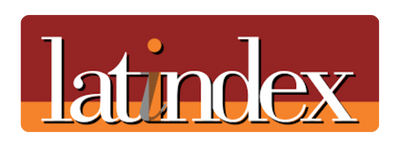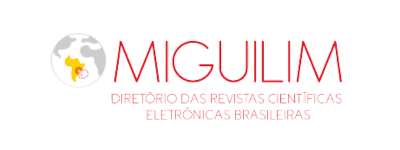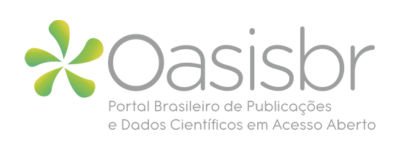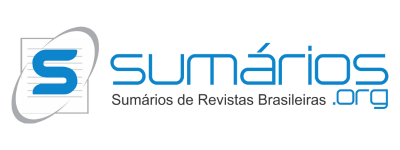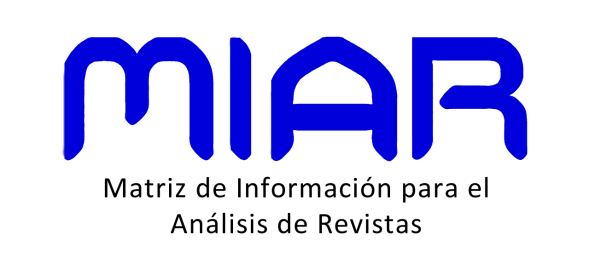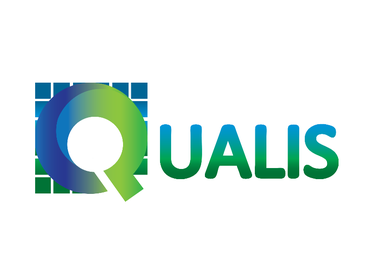CALL FOR THEMATIC DOSSIER: ARTIFICIAL INTELLIGENCE AND EDUCATION 5.0 – TRANSFORMATIONS IN TEACHING AND LEARNING
Editors: Dr. Rosa Maria Vicari (UFRGS/MCTI); PhD Candidate Arthur Marques de Oliveira (UFRGS/CESUCA); and PhD Candidate Graziela Bergonsi Tussi (UFRGS/PMPF)
SummaryIn a historical moment marked by the Fifth Industrial Revolution, the educational system is challenged to integrate technological solutions that enable more dynamic, personalized, and inclusive learning. In this context, Artificial Intelligence (AI) emerges as a transformative technology, capable of enhancing educational processes by offering innovative practices such as intelligent tutoring systems, adaptive learning platforms, and educational data analysis algorithms. These tools allow for precise diagnostics and more effective pedagogical interventions. At the same time, the importance of education in the training of teachers as knowledge mediators and in building collaborative environments that foster critical thinking, problem-solving, and creativity is reaffirmed.
This dossier presents an interdisciplinary perspective, integrating different fields of knowledge. Computing and Information and Communication Technologies (ICTs) play a crucial role in providing the technological resources that support the implementation of AI-based educational solutions. Human and Social Sciences offer a critical perspective on the ethical, sociocultural, and inclusive implications of these technologies, encouraging reflection on issues such as data privacy, access equity, and digital literacy. Furthermore, the field of Linguistics and Literary Studies explores the applications of Natural Language Processing (NLP) technologies, including virtual assistants, automatic translators, and intelligent correction systems. The arts, in turn, can enhance creativity through immersive and interactive environments using augmented reality, graphic visualizations, and multimodal experiences, creating more engaging and meaningful educational settings.
The objective of the dossier is to address topics related to the democratization of access to education, exploring strategies for digital inclusion and continuing teacher education, in addition to proposing solutions to reduce educational inequalities through the conscious use of AI.
Timeline-
Submission deadline: June 15, 2025
-
Peer review results: June 30, 2025
-
Revised versions due: July 10, 2025
-
Publication of the dossier: July 30, 2025
The dossier "Artificial Intelligence and Education 5.0 – Transformations in Teaching and Learning" encompasses an interdisciplinary spectrum aligned with the CAPES Knowledge Areas Table, promoting convergence among different fields of study. Computing and Information and Communication Technologies (ICTs) play a central role by providing the necessary resources for the development of innovative AI-based educational technologies, such as intelligent tutoring systems, data analysis algorithms, and adaptive platforms. These reflections are essential to promote the conscious integration of AI across areas, ensuring its use does not exacerbate educational inequalities.
In this direction, Linguistics and Literary Studies engage directly with the use of Natural Language Processing (NLP) technologies in educational contexts, including automatic translators, virtual assistants, and intelligent text correctors, which broaden the possibilities for linguistic and communicative learning. The interface with the Arts is evident in the use of immersive and interactive environments that enhance student creativity and engagement through augmented reality, graphic visualizations, and multimodal experiences. AI, by its transdisciplinary nature, transcends traditional epistemological boundaries by integrating knowledge and practices from various domains. This dossier, therefore, aims to explore these connections, broaden the academic debate, and promote the development of innovative and inclusive pedagogical models that respond to the demands of Education 5.0 and contemporary society.

